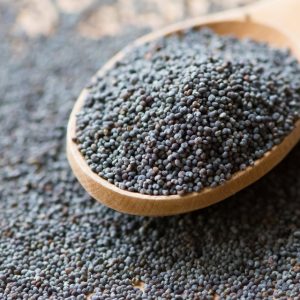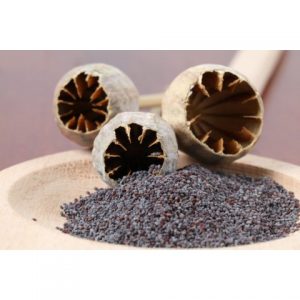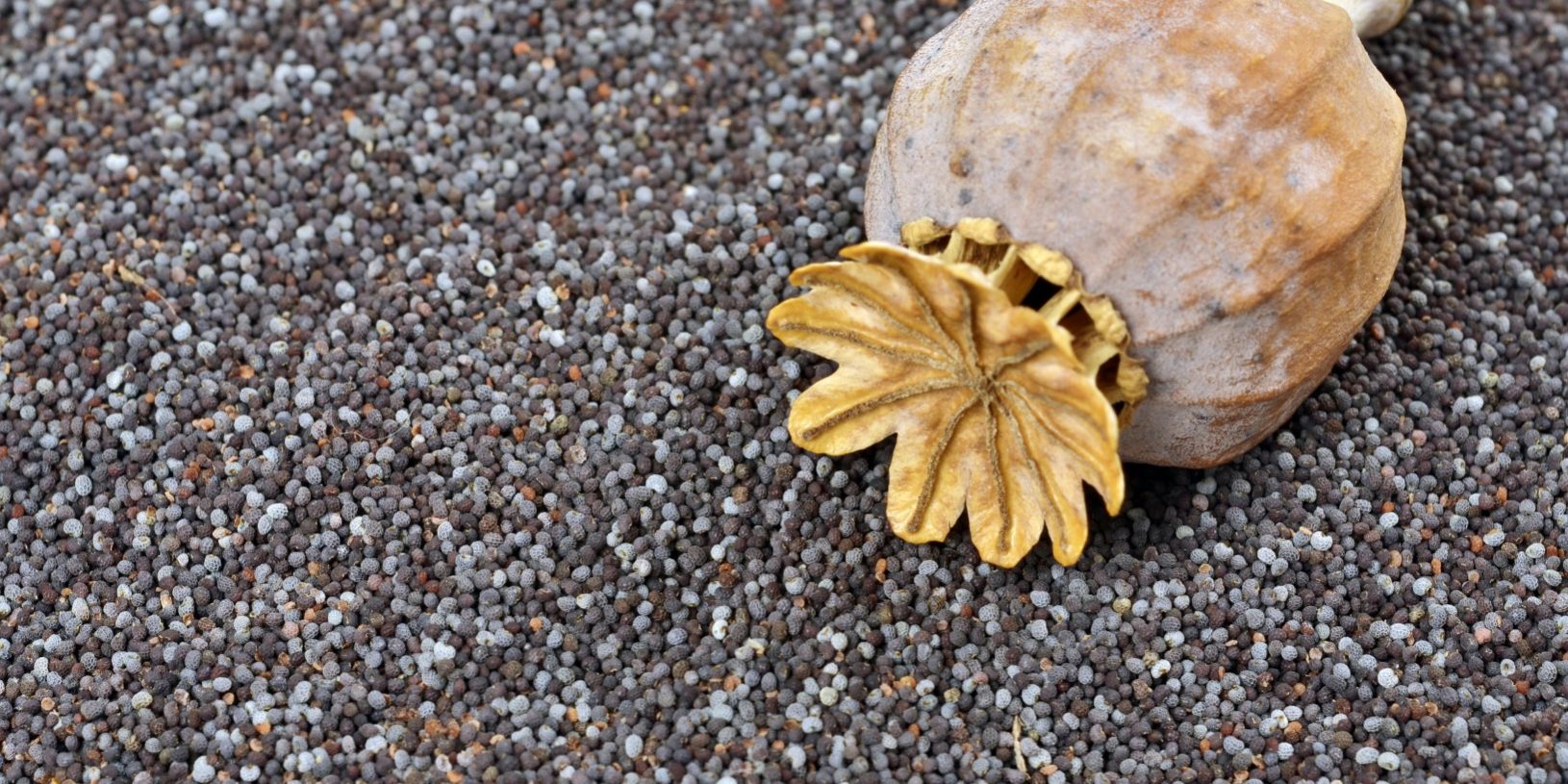Blue Poppy Seeds Market Overview
In 2023, the Czech Republic, Europe’s largest blue poppy seed producer, saw a 14% decrease in harvest compared to the previous year, reported by the Czech statistical office. This decline has already driven prices up in the market. However, farmers are demanding higher prices and are patiently awaiting a shift in the market dynamics.
Meanwhile, poppy seed producers face a pressing challenge: sourcing raw materials meeting EU standards. Finding batches with low morphine content and within EU pesticide limits remains a primary task for buyers in the 2023/24 season.
Anticipated Rise in Blue Poppy Seed Prices
Farmers vs. Producers: Stalemate in Poppy Seed Negotiations
Leading poppy seed producers report a reluctance among farmers to sell their produce. With yields from the 2023 crop lower than in previous years and current price levels deemed uncompetitive, farmers are holding out for better prices. Despite ongoing discussions between producers and farmers, no deals have been reached, resulting in a market standstill.

Difficulty in Sourcing Quality Raw Materials
The decline in production has sparked concerns about the availability of high-quality products. Blue poppy seed producers face challenges in obtaining raw materials meeting EU regulations on pesticide residues and morphine levels. Some batches on the market exceed EU buyer requirements, with morphine levels surpassing 25 mg/kg.

Market Trends Point to Price Surge in 2024
Czech Republic’s Reduced Production in 2023
According to the Czech statistical office, the blue poppy seed crop is projected to reach 19,000 tons in 2023, marking a 20% decline from the five-year average. The future of poppy cultivation in the Czech Republic appears uncertain, potentially leading to price spikes. Will other countries like Hungary or Bulgaria emerge as cultivation leaders?
Hungary’s Increased Production in 2023
While awaiting official statistics for the 2023 crop, Hungary’s role in poppy seed production continues to grow. From cultivating 7,600 hectares in 2022 to potentially surpassing that in 2023, Hungary’s expanded production may alleviate supply concerns but could also signal higher prices.
Decline in Organic Blue Poppy Seeds Production
Regrettably, organic blue poppy seed production within the EU is declining. Producers struggle to offer significant quantities of EU-origin poppy seeds, resorting to Turkish-origin goods. With each batch requiring meticulous analysis, importers may face increased costs, potentially leading to higher retail prices.
Blue Poppy Seeds Market Outlook for 2024
In 2023, the Czech Republic experienced a challenging year in blue poppy seed production, with a 14% decrease compared to 2022. This drop has already led to price increases, with farmers awaiting even higher prices. As supply constraints persist and demand remains steady, the outlook for 2024 suggests a rapid escalation in blue poppy seed prices.







